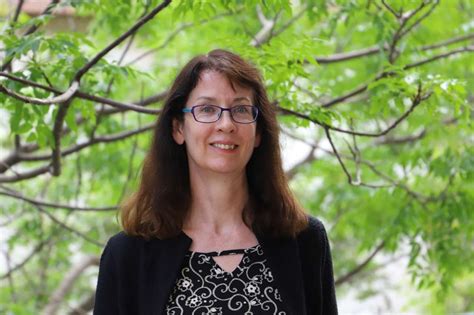A Quote by Henry Giroux
With the rise of new technologies, media, and other cultural apparatuses as powerful forms of public pedagogy, students need to understand and address how these pedagogical cultural apparatuses work to diffuse learning from any vestige of critical thought. This is a form of public pedagogy that needs to be addressed both for how it deforms and for how it can create important new spaces for emancipatory forms of pedagogy.
Related Quotes
The rise of casino capitalism and the punishing state with their vast apparatuses of real and symbolic violence must be also addressed as part of a broader historical and political attack on public values, civic literacy and economic justice. Crucial here is the need to engage how such an attack is aided and abetted by the emergence of a poisonous neoliberal public pedagogy that depoliticizes as much as it entertains and corrupts.
Students need to learn how to unlearn those elements of a market driven society that deform their sense of agency, reducing them to simply consumers or even worse to elements of a disposable population. So we need to understand who controls the means of public education and the larger forms of what Raymond Williams called the cultural apparatuses of permanent education both in terms of the dangers they pose and the possibilities they harbor.
How can the oppressed, as divided, unauthentic beings, participate in developing the pedagogy of their liberation? Only as they discover themselves to be 'hosts' of the oppressor can they contribute to the midwifery of their liberating pedagogy. As long as they live in the duality in which to be is to be like and to be like is to be like the oppressor, this contribution is impossible. The pedagogy of the oppressed is an instrument for their critical discovery that both they and their oppressors are manifestations of dehumanization.
The pedagogy of authoritarianism is alive and well in the United States, and its repression of public memory takes place not only through the screen culture and institutional apparatuses of conformity, but is also reproduced through a culture of fear and a carceral state that imprisons more people than any other country in the world.
Pedagogy is not about training, it is about critically educating people to be self reflective, capable of critically address their relationship with others and with the larger world. Pedagogy in this sense provides not only important critical and intellectual competencies; it also enables people to intervene critically in the world.
Where neoliberalism thrives is in having done something that we haven't seen before. There is a merging of culture, politics, and power under neoliberalism that's unprecedented. They control the cultural apparatuses. And what I mean by "cultural apparatuses" is all those institutions that are about the production of knowledge, values, dispositions, and subjectivities. They control them.
Health education emphasizing risks is a form of pedagogy, which, like other forms, serves to legitimize ideologies and social practices. Risk discourse in the public health sphere allows the state, as the owner of knowledge, to exert power of the bodies of its citizens. Risk discourse, therefore, especially when it emphasizes lifestyle risks, serves as an effective Foucauldian agent of surveillance and control that is difficult to challenge because of its manifest benevolent goal of maintaining standards of health. In doing so, it draws attention away from the structural causes of ill-health.
























